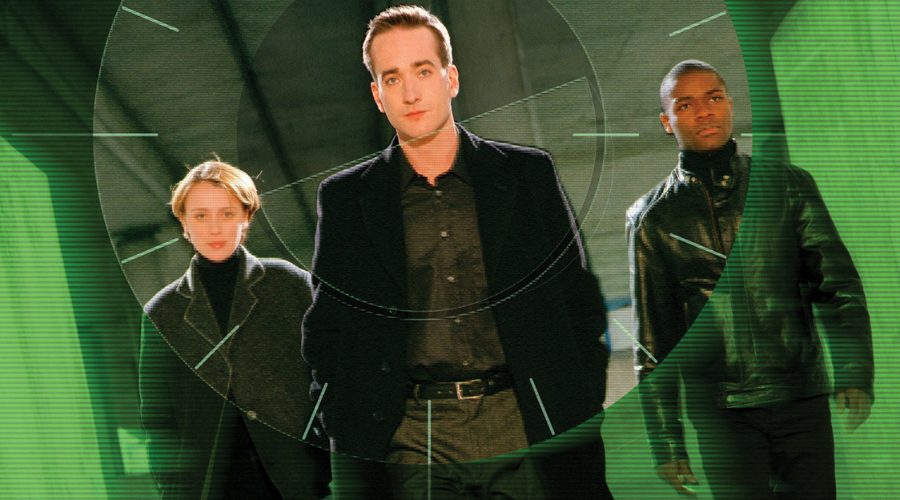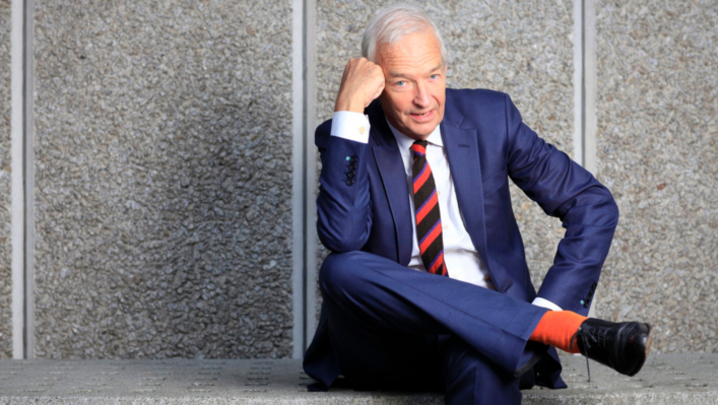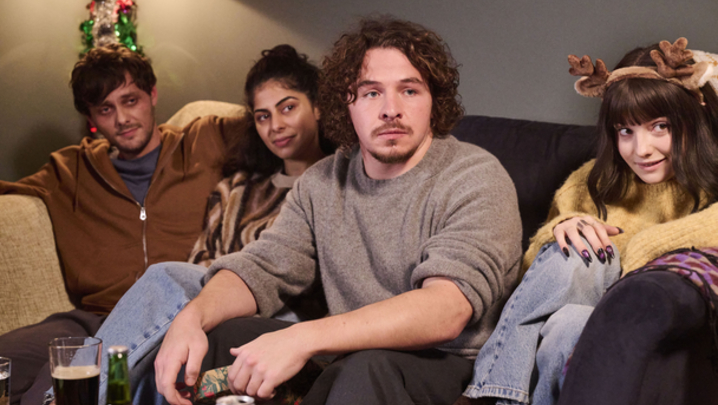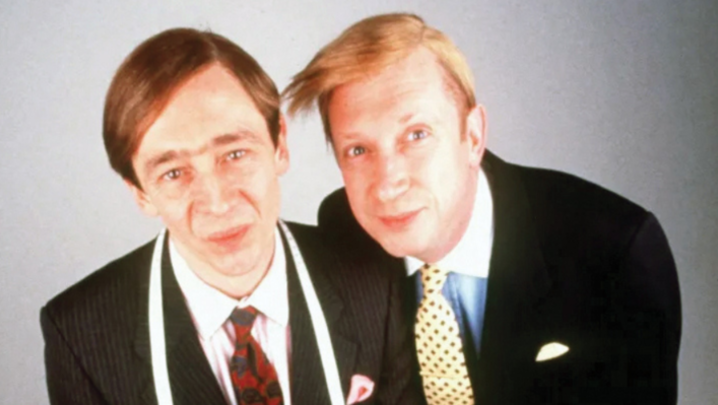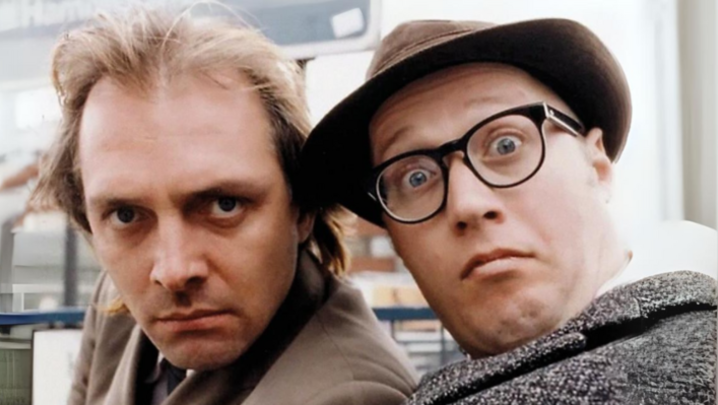Matthew Bell hails the glossy spy thriller Spooks, which was more Bond on a budget than John le Carré.
When it arrived on our screens in 2002, Spooks was truly revolutionary. British telly had mastered the cerebral spy thriller – most notably with the BBC’s revered adaptation of John le Carré’s Tinker Tailor Soldier Spy, starring Alec Guinness as master spy George Smiley – but Spooks was different.
Action, not behind-the-scenes skulduggery, was to the fore, as MI5’s finest tackled fanatics and terrorist threats, from left to right, from Libya to Northern Ireland to Russia and beyond. It was high-octane fare, although the traditional tropes of spy story deceit and betrayal were ever-present, as was the toll that living a secret life exacts on personal relationships.
It was a show of its time; scripts were being penned at the time of the 9/11 attacks on the US by al-Qaida. Looking back almost two decades in an interview with Radio Times last year, the programme’s creator, David Wolstencroft, said that the show was “like a lens” on real-world events. Spooks’ storylines, taking the fight against terrorism to the street, didn’t appear too fanciful.
London was the show’s set, with the action – gun battles, explosions, car chases and all – played out in the capital, and filmed with real vim and imagination by lead director Bharat Nalluri. The show didn’t have the money available to Bond films but, by the standards of TV drama, the budget was fat.
You may wonder whether Spooks qualifies as a “Comfort Classic” but, having watched all 86 episodes during the first lockdown, I can assure you that it provided much-needed solace to this writer.
This was despite an escalating body count that, series by series, robbed the programme of many of its much-loved characters.
Spooks started as it meant to continue. In only the second episode, Helen Flynn (Lisa Faulkner, who was better known than most of the cast) was brutally tortured and killed – Line of Duty was not the first drama to kill off its stars unexpectedly early. Her horrific death, at the hands of a fanatical racist, who plunged her head into a deep-fat fryer, drew the most complaints from TV viewers during the year.
Spooks called on some of the country’s best emerging acting talent. Of the first series main cast, only Peter Firth as spy chief Sir Harry Pearce and Jenny Agutter (Pearce’s treacherous rival) were well known to TV audiences.
The spies in the field, Matthew Macfadyen, Keeley Hawes and David Oyelowo, as well as intelligence boffin Nicola Walker, were then at the start of what were to become stellar careers. And, as Spooks ran to 10 series, Rupert Penry-Jones, Miranda Raison, Hermione Norris, Gemma Jones and Richard Armitage, joined and left the service.
Not everyone was convinced about the accuracy of its depiction of life in Her Majesty’s Secret Service. Former MI5 chief Dame Eliza Manningham-Buller sniffed that the series showed “a complete disregard for the law; we are very careful about the law”, which, of course, was why audiences flocked to it.
Series one attracted an average of 7.5 million viewers per episode. And, over its 10 series, Spooks scooped multiple RTS and Bafta awards. Audiences dipped latterly and, although the BBC was apparently happy to continue commissioning, the show’s producer, Kudos, took the decision to “kill it off in its prime” in 2011. An example other producers of long-running dramas might do well to follow.
A spin-off movie, Spooks: The Greater Good, followed four years later, with Peter Firth and Hugh Simon, as MI5 analyst Malcolm, the only regular actors from the TV series.
Famously, the programme’s tag line proclaimed that Spooks was “MI5, not 9 to 5”. And one would hope so – never has a day in the office proved so risky.
Spooks is available on BritBox and BBC iPlayer.

